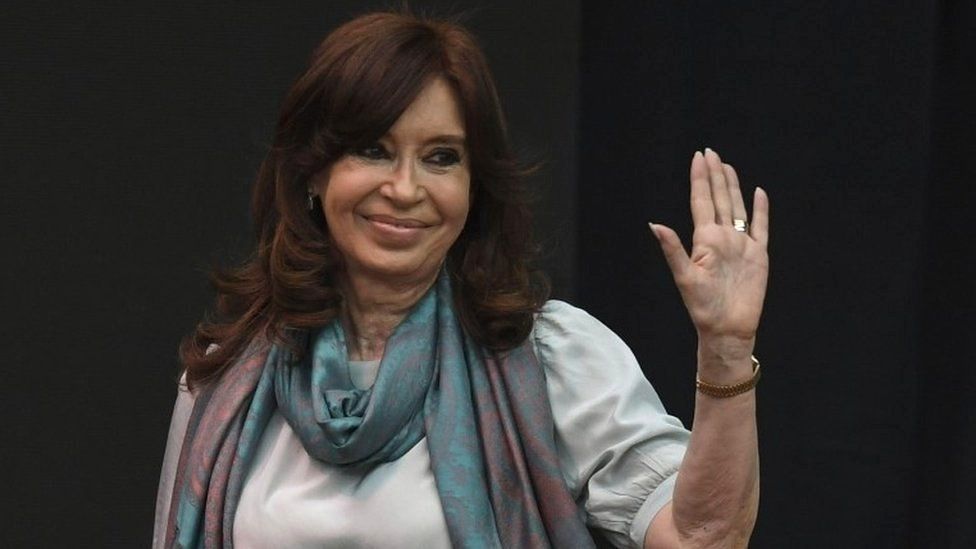A little less than three years ago, LatAmThought wrote a commentary questioning the viability of the at that time new Kirchner administration. CFK was less than one year into what had been one of the more tumultuous since 2003. We had good reason for our words – a bitter feud with the agricultural sector, a split with her vice-president, soaring inflation, expensive domestic meat prices, and local and foreign commentators questioning her ability to govern. In December 2009, her approval rating fell to 27 percent, and she was for months the most unpopular president in the Americas. Some estimates even had that rating as low as 21 percent.
Today, we are singing a different tune. After months of feigned speculation (there was never much doubt she would run), at 7 pm local time on June 21, CFK announced that she would indeed seek re-election in this year’s presidential election. Were elections held tomorrow, CFK would probably win, potentially even in the first round. According to a poll cited by Bloomberg, she is a full 35 points ahead of her next closest rival. This does not mean victory is guaranteed – this is Argentine politics, where things can change instantaneously, especially with four months to go – but does bode well, given that she has more or less maintained high approval ratings in spite of a recent scandal involving the misuse of funds by the popular ally Madres de Plaza de Mayo and January 2011 protests from the grain workers that hurt exports.
Politically, CFK has been the beneficiary of a great tragedy, the death of her husband Nestor in October 2010. Many in Argentina credited Nestor with rescuing the country from the yolk of international creditors, a legacy that has helped Kirchnerismo become a powerful mainstay in Justicialist politics and helped pave the way for CFK’s landslide October 2007 election. Cristina invoked Nestor during her announcement
More recently, she has been the beneficiary of more typical political issues, such as the lack of a coherent opposition. Of the five expected candidates – Ricardo Alfonsin, Hermes Binner, Elisa Carrio, Eduardo Duhalde, and Alberto Rodriguez Saa – only Alfonsin is within shouting distance (and it would have to be a loud shot). Mauricio Macri, the mayor of Buenos Aires, formally dropped out of the race last month, likely because he did not believe he would have the support to beat CFK.
Her next step is to see which candidates will emerge from the war of attrition that is likely to heat in the weeks leading up to the August 14 primary, when the presidential field will narrow. This will only work in her favor – the candidates will be more concerned about strengthening their own chances – and buys her time to shore up support from fringe supporters, including those who may have split from the Justicialist Party to join Duhalde.
It’s too early to tell what will happen, but prospects for CFK are looking good.

Reply